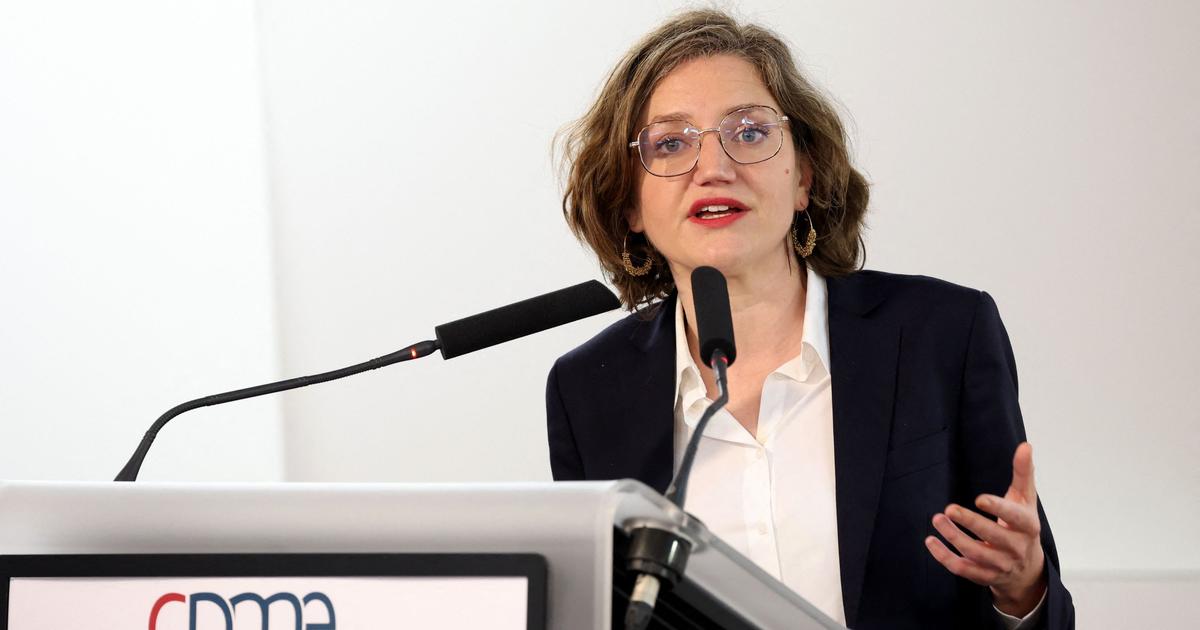Marie Toussaint, an environmentalist candidate from Europe Écologie-Les Greens (EELV), emphasized the power of youth mobilization in shifting political landscapes. Speaking on France Inter, Toussaint identified young voters as critical for achieving the 5% threshold needed to send deputies to the European Parliament. She cited Ifop-Fiducial polls indicating a shift in youth support away from EELV compared to five years ago. To reclaim this demographic, Toussaint proposed lowering the voting age to 16, arguing that young people are mature enough to contribute meaningfully to democratic processes.
This idea isn't new; Emmanuel Macron also hinted at lowering the voting age if young people demonstrated strong voter turnout. However, as Ipsos-Sopra Steria data shows, only 39% of 18-24 year-olds accepted the challenge. The debate over voting from the age of 16, which is now a reality in the upcoming European elections, brings forth differing opinions among politicians. Johannes Becher of the Green Party, who has long been an advocate for youth participation in politics, sees this as a step forward but is concerned about young voters leaning towards right-wing extremist ideas.
Indeed, a recent study, 'Youth in Germany 2024,' revealed that 22% of young people aged 14-29 would prefer to vote for the right-wing AfD party. Becher attributes this shift to social media influences, where sensationalist content often overshadows nuanced discussions. Other politicians, like Benedikt Flexeder from the CSU, also stress the need for better communication to counteract extreme political views. Flexeder, however, remains skeptical about lowering the voting age, citing the need for a certain level of political maturity.
Andreas Mehltretter from the SPD argues that right-wing parties threaten national prosperity and social stability. He advocates for collective efforts from politicians, society, businesses, and the media to emphasize the values of democracy and freedom enshrined in the Basic Law. He remains optimistic yet cautious about young voters, noting their potential influence in the upcoming European elections. Thus, the shared narrative underscores the pivotal role of the youth in shaping political futures and the diverse opinions surrounding their participation.
- The push to lower the voting age aligns with broader trends of expanding democratic participation. This move is part of ongoing efforts to engage younger generations who historically show lower voter turnout rates.
- While some politicians express concerns over the influence of extremist ideas on young voters, others believe that increased political engagement will naturally lead to a more informed and balanced electorate.
- The current discourse also reflects global patterns where several countries have debated or implemented similar changes to voting age laws. For instance, nations like Austria and Malta have already lowered their voting ages to 16 for various elections.
- The impact of social media on political views, particularly among the youth, continues to be a significant concern. Efforts to improve digital literacy and promote critical thinking are vital in mitigating the spread of misinformation and extremist rhetoric.
- As Europe's political landscape evolves, the role of young voters becomes increasingly significant, suggesting that future electoral strategies must prioritize this demographic to foster a more inclusive and representative political system.






